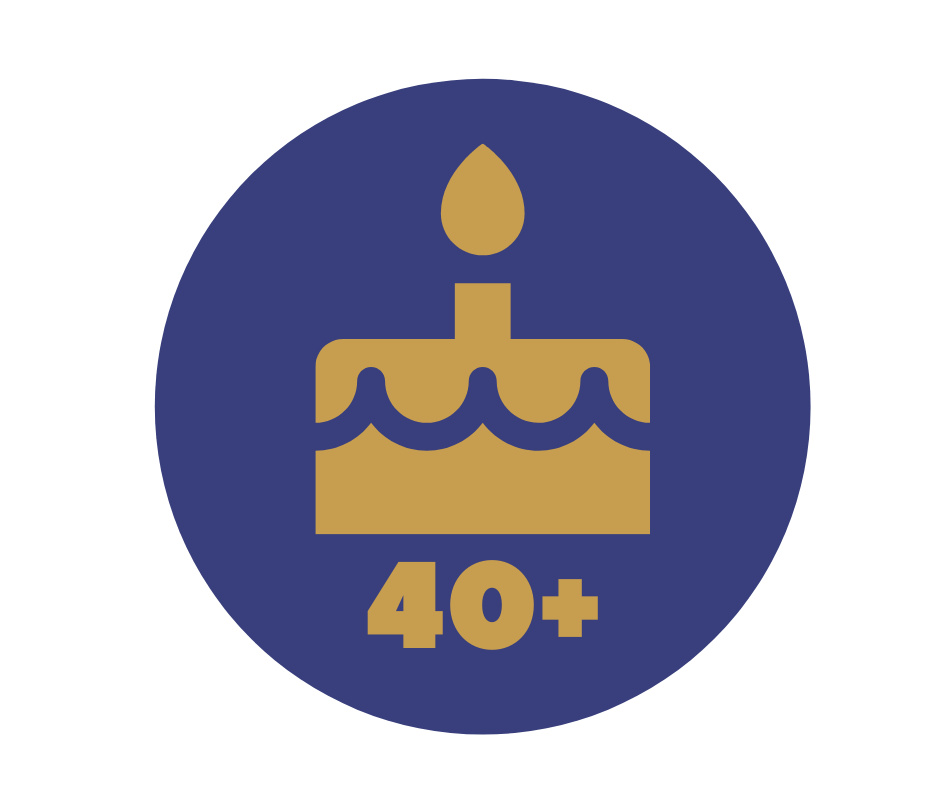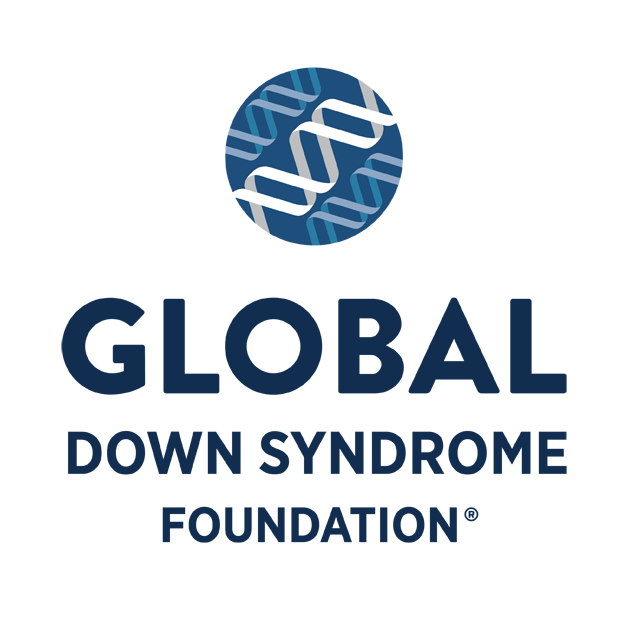40-plus

FREE webinar – Get Fit and Be Healthy
Presented by Ellie Cox and Francesco Magisano of Achilles International.
The GLOBAL Medical Care Guidelines for Adults with Down Syndrome provide first-of-its-kind, evidence-based medical recommendations to support clinicians in their care of adults with Down syndrome. This life-changing resource as published in JAMA covers 9 topic areas deemed critically important for the health and well-being of adults with Down syndrome and outlines critical future research needs.
NDSC is proud to be a key supporter of GLOBAL’s work to bring these to clinicians and families. When you visit the GLOBAL webpage you can download the full guidelines, the guidelines toolkit (a great checklist to take to your appointments), and read more about the authors & workgroup.
Find the guidelines here

Alzheimer’s disease is a progressive neurological condition. Brain cells are destroyed, and the person experiences a decline in function in multiple areas including memory, cognition, control of bodily functions, and others. Microscopically, the brain tissue demonstrates changes called plaques and tangles. The percentage of individuals with Down syndrome who have developed Alzheimer’s disease is actually pretty similar to the general population; however, on average, they develop Alzheimer’s disease 20 years earlier than people in the general population. Therefore, the rate of Alzheimer’s disease in patients in their forties is similar to those without Down syndrome in their sixties, and fifties compare to others in their seventies, and sixties to eighties.
A thorough evaluation is needed. There is no one test that makes the diagnosis. The diagnosis is made by looking for a pattern of decline, looking for supporting information (such as findings on a CT scan), and “ruling out” other causes of decline. There are many reasons someone may have a decline in skills. Some of the causes are not reversible. Unfortunately, as of now, Alzheimer’s disease is one of the non-reversible causes. However, many of the other causes are reversible and the evaluation must include an assessment for these.
Dr. Brian Chicoine, co-founder and medical director of the Adult Down Syndrome Center in Park Ridge, IL, has provided access to resources from the Center.
- Webinar recording and presentation slides – Aging and Alzheimer’s Disease by Brian Chicoine, MD and Katie Frank, PhD, OTR/L, where they discuss healthy aging, challenges associated with aging and Alzheimer’s disease, and strategies to help with managing aging and Alzheimer’s disease
- Alzheimer’s Orientation Book, which can be used for people with Alzheimer’s disease or dementia to help them remember things about their daily life
- Reducing Risk of Getting Alzheimer’s
- National Task Group on Intellectual Disabilities and Dementia Practices
- Mental Wellness and Adults with Down Syndrome – Chicoine and McGuire
Webinar recording on – Alzheimer’s disease in people with Down syndrome: What we know and what we can do about it with Dr. Michael Rafii and NDSS
NDSS has produced two great resources for Alzheimer’s and Down syndrome, which you can access here:
Eye problems and vision disorders are especially common in individuals with Down syndrome.
What is keratoconus?
Keratoconus, often referred to as “KC”, is an eye condition in which the cornea weakens and thins over time, causing the development of a cone-like bulge and optical irregularity of the cornea. Keratoconus can result in significant visual loss and may lead to corneal transplant in severe cases. Although somewhat rare in the general population, KC affects between 5–15% of people with Down syndrome and can impact their ability to function at their highest level.


For more on KC, visit Ages & Stages – Tweens & Teens
